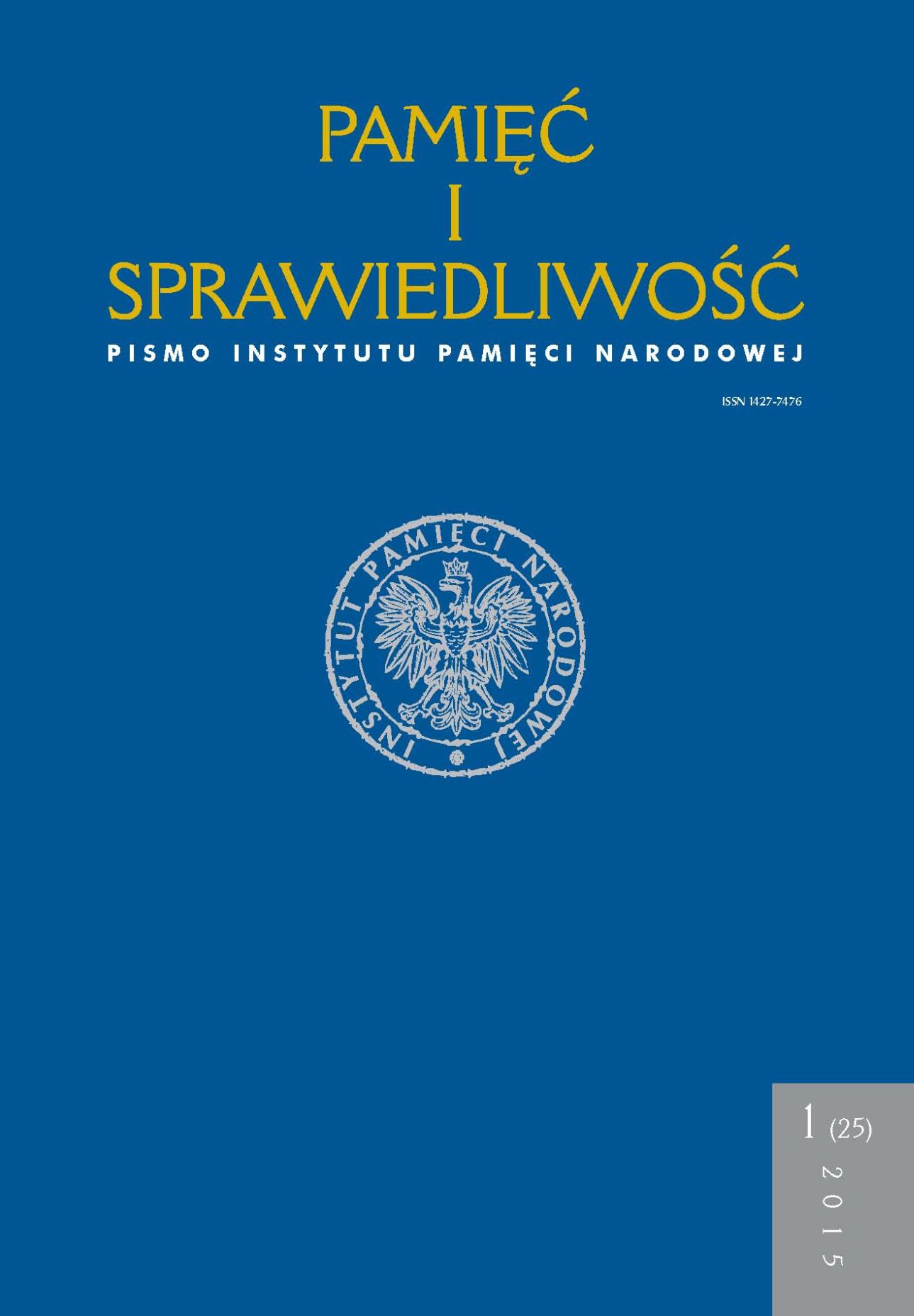Druga wojna światowa, wojna trzydziestoletnia, wojna trzech ćwierćwieczy
Pamięć i Sprawiedliwość, Tom 25 Nr 1 (2015), strony: 71-78
Data publikacji: 2015-06-30
Abstrakt
World War II – a Thirty Years War or a War of Three Generations
The chronology of historical events may appear to be simple. There is a specific event and there is a date on which it occurred. However, an essential problem remains: what is the event and what terms shall we use to describe it? Will these terms be unambiguous? We ask: when did the Second World War begin and end? However, perhaps one should ask: why is it recognized as a world war?
In Poland, it is assumed that the war began on 1 September 1939. However, for the first two days it was a conflict between two states only – Germany and Poland. Other participants of the events in Europe would join in later. Why do we call it a ‘world war’ then? Because there was another area of great struggle: the Far East, extended around the Pacific, Oceania, as far as the coasts of Australia. There is a problem here, however. The
war in Asia began with Japan’ s attack on China on 7 July 1937. If we are of the opinion that the beginning of the world war is the German-Polish conflict, there are, in fact, no arguments for not moving the initial date more than two years earlier. The world war, which began with the Asian events of 1937, moved to Europe in 1939.
And when did World War II end? However, the direct chronology of the conflict is only one part of the problem. To what extent was the war a separate chapter in history? Perhaps it was one of the processes which began much earlier and ended much later? There are supporters of the view of a certain thirty years war, from 1914 to 1945. Others are convinced of a war of a period of three generations, from 1914 to 1989 or 1990. Aspects
under discussion involve the development of science and technology serving conflicts, a questioning of euro-centrism and the determination of the United States’ leadership in the Western block, as well as decolonization.
History may be approached in various ways. The outcomes will depend on the assumptions made. This makes finding unambiguous answers difficult, but it also makes historical inquiries attractive.
 Język Polski
Język Polski
 English
English
 Deutsch
Deutsch
 Français (France)
Français (France)
 Italiano
Italiano
 Русский
Русский


 PDF
PDF
